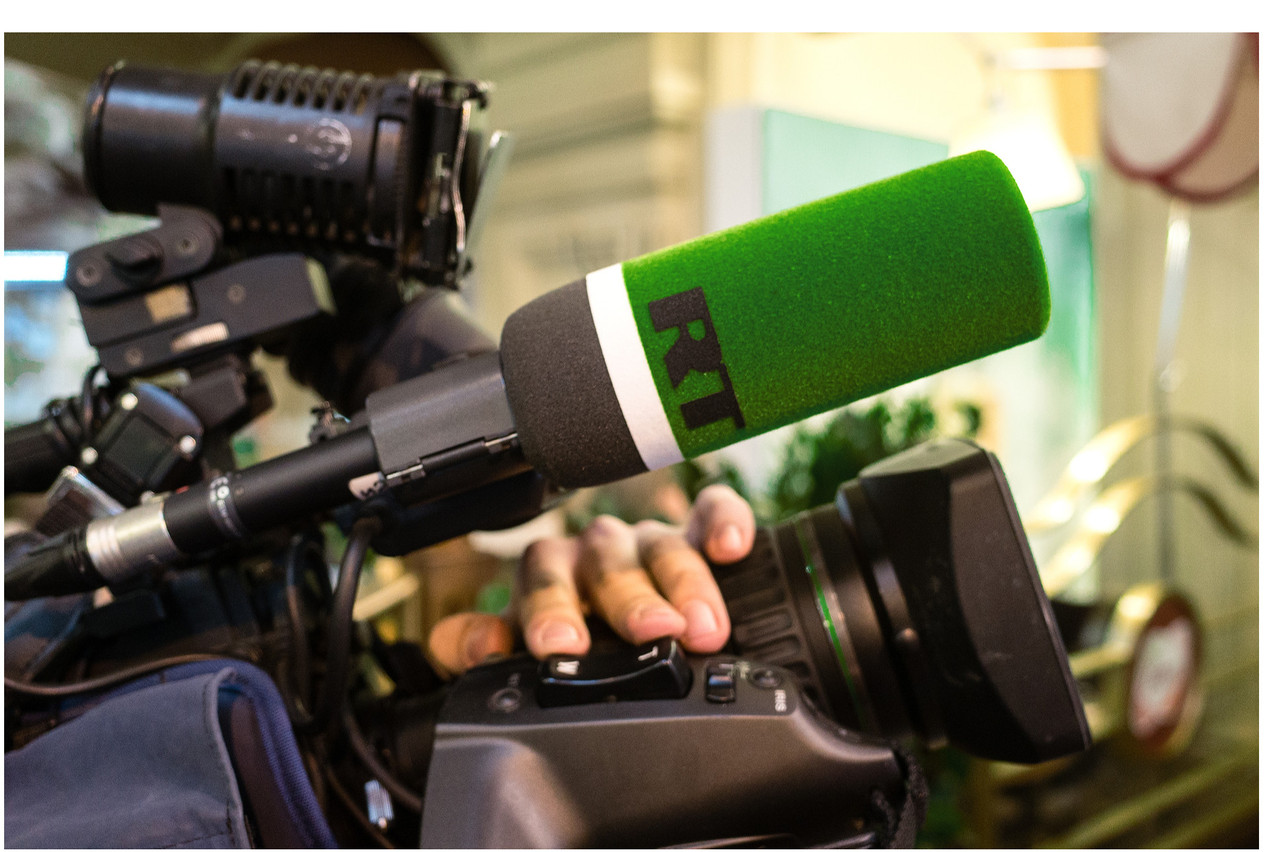The channel, which was called Russia Today until 2013, had applied for the licence last June via its parent company ANO TV Novosti after Germany refused a licence to broadcast in German Europe-wide via RT DE. The country prevents media that are not independent of a state from obtaining a licence.
Russia Today was founded in 2005. It became RT in 2013 and was acquired by ANO TV Novosti via Rossiya Segodnya, a Russian public conglomerate, which is the official international communication body as intended by a decree issued in 2013 by president Vladimir Putin.
“Since the beginning of the 2000s, Russia's media presence at the international level--which had weakened in the 1990s due to the financial difficulties of the post-Soviet state--has been developed and revamped thanks to the use of new information technologies,” said Françoise Daucé, director of the Centre for Russian, Caucasian and Central European Studies in an article published by the French national audiovisual institute,
Technical criteria not met
RT DE, which was rejected in Germany, turned to Luxembourg. This time, its hopes were based on the European audiovisual media services (AVMS) directive, transposed into Luxembourg law in 1991. This directive stipulates that if a provider does not have a decision-making centre in an EU member state, the decisive criterion for defining the regulatory authority, and thus for granting a licence, is the domicile of the transmitter.
"A channel originating from a country outside the European Union and broadcasting via the Astra satellites (operated by the Luxembourg group SES), as is planned for RT DE, has a de facto Luxembourg licence,” said the Land newspaper last July.
It should be noted that RT already relies on the Astra 19.2 and SES-4 satellites to broadcast its French-language programmes.
However, as far as RT DE is concerned, Luxembourg authorities said they are not competent as the technical criteria were not met. Since the broadcaster has offices and staff in Germany, the German government is responsible.
As a result, RT DE finds itself in an impasse, which seems to suit both countries. RT is regularly accused of being a Russian propaganda tool, of relaying conspiracy theories and being very close to the extreme right.
In France, RT has been a success, capitalising on formats and themes chosen to become viral on social networks or by betting on outrage culture. It’s a media success that Luxembourg and Germany, even if they will not officially confirm it, would not like to see spread in the German-speaking area, even if RT DE is already broadcasting via the internet.
A new parliamentary question
The debate is not yet closed at national level. CSV MPs Viviane Reding, Laurent Mosar and Diane Adehm had already tabled a parliamentary question on this subject in June and on Monday they submitted a second one.
This time they want to know whether other licence applications have been submitted in recent years by broadcasters based in countries with authoritarian regimes. They also want to know whether the prime minister would consider introducing similar legislation in the grand duchy, preventing the country from issuing a licence to foreign operators.
This story was first published in French on . It has been translated and edited for Delano.
